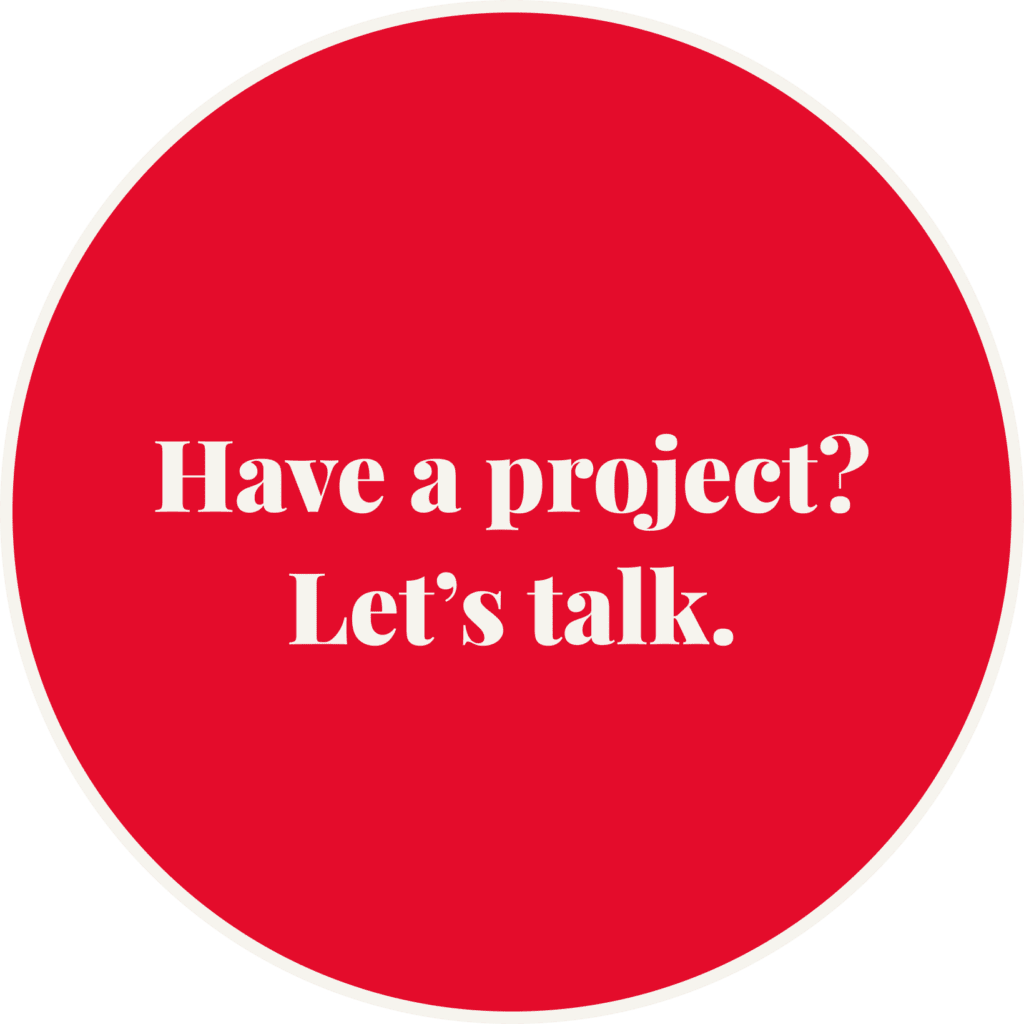The English language ≠ the language of coding and computers. If you’re not familiar with web development lingo, but need to understand the basics, this list should help.
SEO – Search Engine Optimization; using techniques to affect the visibility of a website in search results of search engines such as Google, Bing, Yahoo, etc. The higher your SEO rank, the closer you’ll be to the first page of search results. SEO is built by gaining organic visitors to your site.
CMS – Content Management System; a computer program that allows publishing, editing, and modifying content by the users themselves; used to run websites containing blogs, news, and shopping. (Ex: WordPress)
Drupal – A free content management framework used to build websites on; very similar to WordPress
Content Marketing – Marketing your products and services through creating and sharing media such as writing, infographics, photos, emails, e-books, how-to guides, etc.
E-Commerce – (electronics commerce); buying and selling products and services through electronic systems using the internet. Example: buying/selling products on Amazon, Ebay, or any other website.
FTP – (file transfer protocol); a standard network protocol used to transfer files from one to another through a system such as the internet.
CSS – (cascading style sheets); a language used to describe/code the format and appearance of documents. It is used to design web pages written in HTML and XHTML.
MySQL – A database system that allows you to store and search for information implemented in websites. Similar to Excel, but much more technical.
SSH – (secure shell); a cryptographic language used for secure data information and several secured network services between two computers that connect a server and a client.
SSL – (secure sockets layer); another cryptographic tool that provides communication security over the internet. Several versions are used in web applications such as web browsing, email, instant messaging, internet faxing, etc.
API – (application programming interface); an interface that lets programs communicate with one another; lets web browsers/servers connect with other programs.
Domain Name – The name of a website; how websites are identified; the name in the search bar of your internet browser.
IE – Internet Explorer; one of the most classic browsers.
IP Address – a unique number given to each computer to identify it.
Meta Tags – Tags inserted into documents to describe them; boosts SEO rank
Plug-In – An application build specifically for another program, such as WordPress.
301 Redirects – Making a web page available under more than one URL address; used when creating a new site under a new domain name so that when people go to the old domain name it takes them to the new domain name.
Are you wondering about a term not listed here? Leave a comment and we’ll add it!







